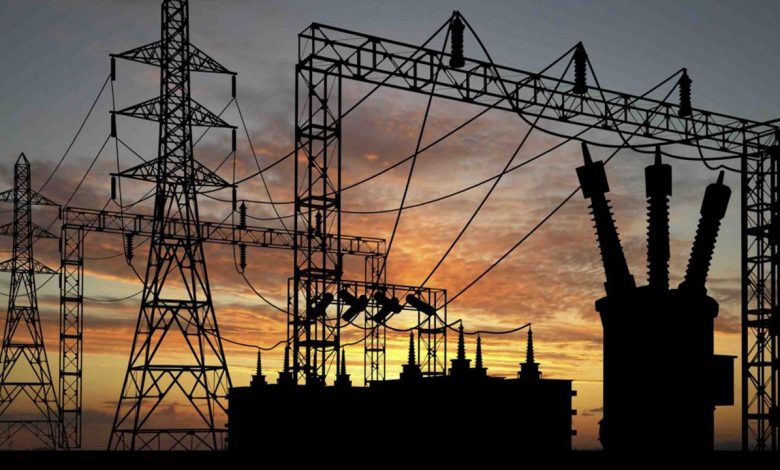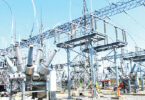
Electricity generation in Nigeria experienced a significant decline to 2,775 megawatts (MW) on Thursday.
This marks a notable 32.3% decrease from the 4,099.87MW recorded the previous week, according to data released by the Nigeria Electricity System Operator (NESO), a Transmission Company of Nigeria (TCN) unit.
The situation comes amidst the recent controversy surrounding the implementation of a new electricity tariff in the country.
Despite recent adjustments to the billing of Band A power consumers, the power value chain has remained the same. Factors contributing to this stagnation include insufficient gas supply to thermal stations and the deteriorating condition of transmission lines.
Since the beginning of the year, electricity generation has averaged around 4,200 megawatts.
According to information from the Independent System Operator (ISO), load allocation to the eleven Distribution Companies (DISCOs) stood at 2,775.00 megawatts as of 6 pm on Thursday.
Notably, Abuja Disco received the highest allocation at 428MW, followed by Ikeja Electric at 422MW, Eko Disco at 359MW, Ibadan Disco at 335MW, Benin Disco at 227MW, and Enugu Disco at 200MW. Conversely, Yola Disco received the lowest allocation at 79MW, with Jos Disco at 158MW, Kaduna Disco at 181MW, Kano Disco at 188MW, and Port Harcourt Disco at 198MW.
Experts say the disparity in distribution highlights the insufficiency of electricity supply to meet the demands of households and organizations across the nation.
Consequently, some DISCOs have resorted to load shedding to manage the limited electricity supply, rotating power outages to various areas at different times.











Leave a Comment